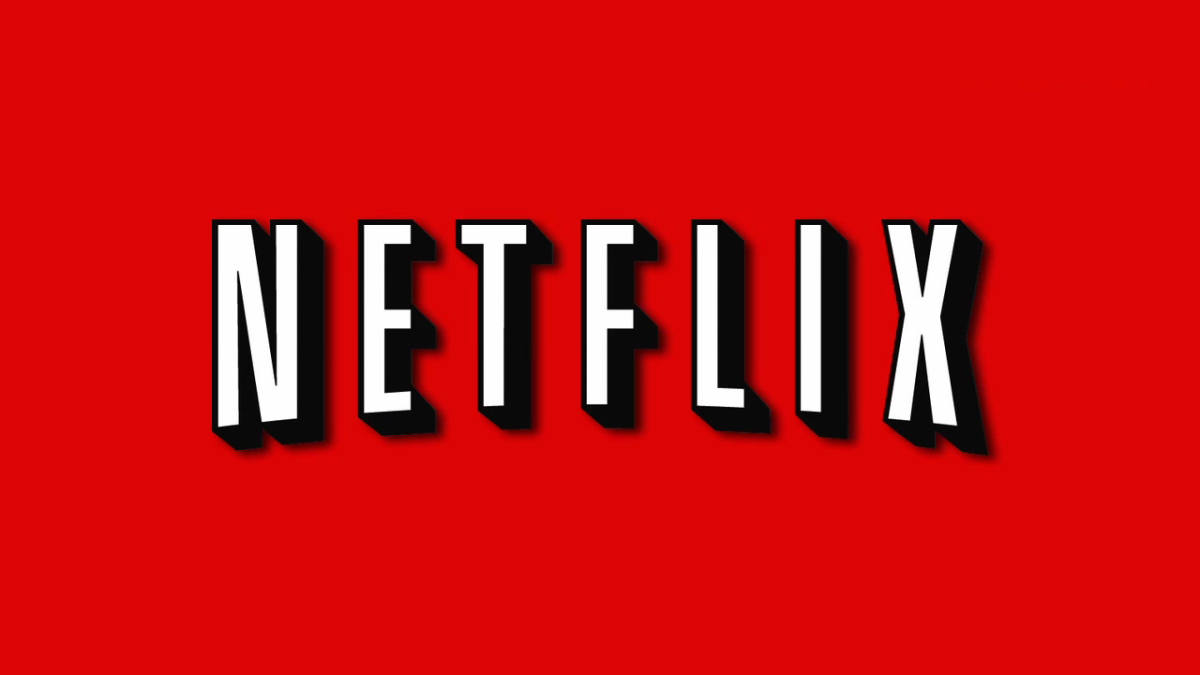Netflix’s beginnings as a subscription-based service began in 1997, when subscribers could sign up for their monthly flat-rate DVD rental delivery service. Since its beginning, Netflix has grown to encompass delivery of DVDs and Blu-Ray discs, unlimited online streaming services and even original television and film programming, available exclusively on its streaming service.
With the bankruptcy of Blockbuster and the declining sales of physical discs, the people at Netflix realized in 2007 that they, while still maintaining their delivery service, should introduce other ventures and new ways of viewing content. Thus, Netflix streaming was born. Netflix has since partnered with several studios, including Paramount Pictures and Metro-Goldwyn-Mayer, to release films online for subscribers. Since the onset of its streaming service, various television shows and films have come and gone as Netflix’s selection of entertainment and consumer base continues to grow. As of January 2016, Netflix has 74 million subscribers worldwide, with 44 million in the United States.
Netflix’s rise to prominence has changed the way the television and film industries work, and how consumers view content. In 2011 Netflix began producing its own original content to be streamed exclusively on its own website. “House of Cards,” the first official Netflix title, was released in February 2013 to critical and audience acclaim. Since that first show, the company has released many more, including “Orange is the New Black,” “Sense8” and “Jessica Jones,” among many others. Many of these streamed shows have opened to positive reviews and praise for Netflix’s release strategy, in which all episodes of one season are released all at once. Instead of the traditional weekly format on television, viewers get their favorite shows immediately on Netflix, leading to Netflix parties and binge-watching.
As a result, Netflix-shaped culture has pervaded everyday life. “Netflix and chill,” a euphemism for inviting someone over and having sex, has become a completely ironic-turned-unironic phenomenon. Last September, social media app Knock Knock decided to host the “1st Annual Netflix and Chill Festival.” They created an event on Facebook that eventually received over 30,000 RSVPs. Although a single event would have been too large, several universities around the U.S. hosted an iteration of the festival, including the University of Pennsylvania and Stanford University. Netflix’s pop cultural significance has only expanded its influence over how audiences view their sources of entertainment and the accessibility of television shows on a 24/7 basis.
Most recently, Netflix has begun to delve into original programming for film. The company’s first documentary, “Art of Conflict,” was released in 2012, followed by many other successful documentaries and a docu-series following thereafter. In 2015, Netflix distributed its first feature film, “Beasts of No Nation,” a war-drama by Cary Fukunaga, starring Idris Elba in war-torn West Africa. While released on Netflix on Oct. 16, it simultaneously saw a limited release in theaters by the film distribution company, Bleecker Street. Unfortunately, while the film has seen great acclaim, particularly for Elba’s performance, “Beasts of No Nation” has seen limited awards-season love, most notably from The Academy of Motion Picture Arts and Sciences. The Academy Awards, the largest and most prestigious awards event in the film industry, has been honoring excellence in films for over 80 years in categories such as Best Actress, Best Original Screenplay and Best Picture. However, in recent years, it has received criticism for its rather small and homogenous pool of nominees, particularly in its Best Director and Best Acting and Supporting Acting categories. Elba, who has been nominated in several other awards ceremonies, including winning the Screen Actors Guild award for Best Supporting Actor, was passed over by The Academy, as was the rest of the cast and crew of “Beasts of No Nation.”
Though diversity is a huge problem in the film industry as a whole—and kudos to The Academy’s actual response to criticisms and steps to begin rectifying this issue within its own organization—The Academy’s beef with “Beasts of No Nation” likely enters business territory as well. While The Academy definitely has a diversity issue, another problem points to Netflix and its business model. Critically successful films that win awards have been the domain of large studios and theaters for many decades, but now they are beginning to seep into new territory.
Netflix’s simultaneous release of “Beasts” online and in theaters violated the traditional 90-day window of exclusivity to theaters, meaning large chains like AMC and Regal decided to boycott the release, downgrading its venues to smaller theaters and to a limited release. The relationship between studios and theaters has traditionally been very tight, so The Academy’s snub of “Beasts” might be a pushback of Netflix’s model. Of course, Netflix has had critically successful documentaries that have won at The Academy Awards, but feature films are a much more contentious domain. Then again, Academy members did receive screener copies of “Beasts”, so it probably is still a diversity issue, alongside a financial one.
Either way, Netflix’s steps into the realm of feature films is only just beginning, and they are sure to have more chances at The Academy in the future. The company itself and its rapidly growing repertoire will only continue to influence the changing game of the television and film industries, and it will be interesting to see the future of streaming new films online as opposed to traditional release forms. Cinema-going is likely here to stay because of the experience and box-office draw, but the release of small, independent films may find their footing not only at film festivals, but on Netflix in the future.



